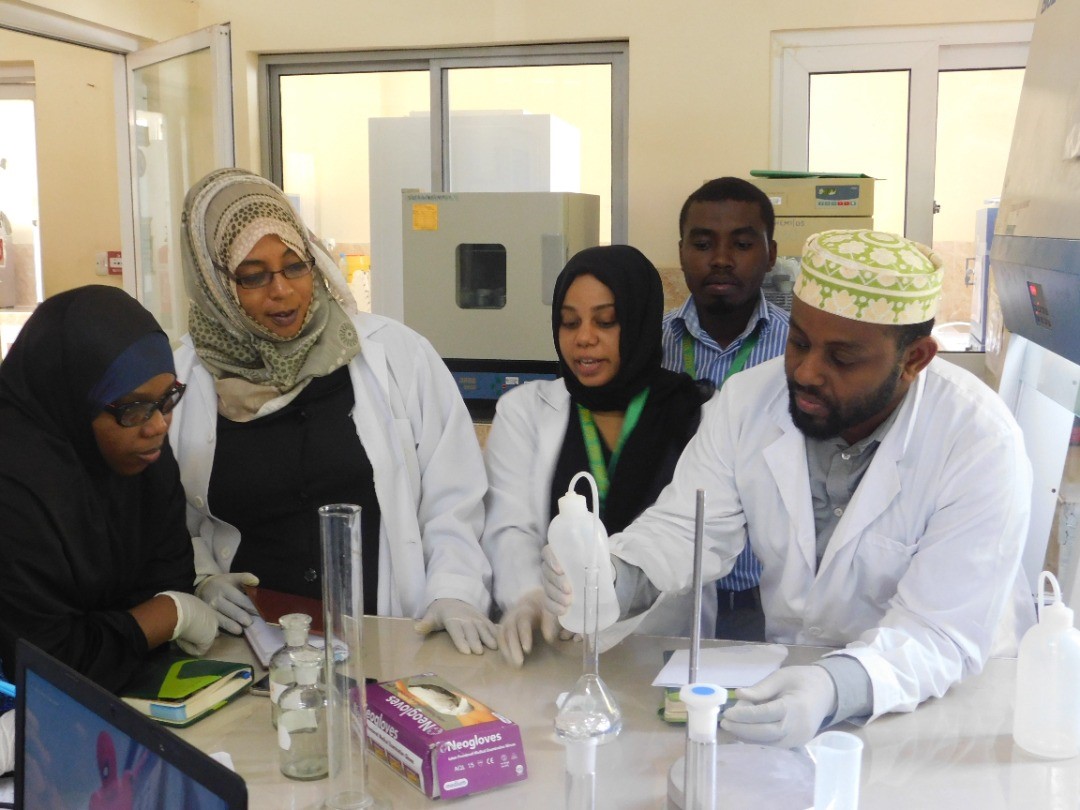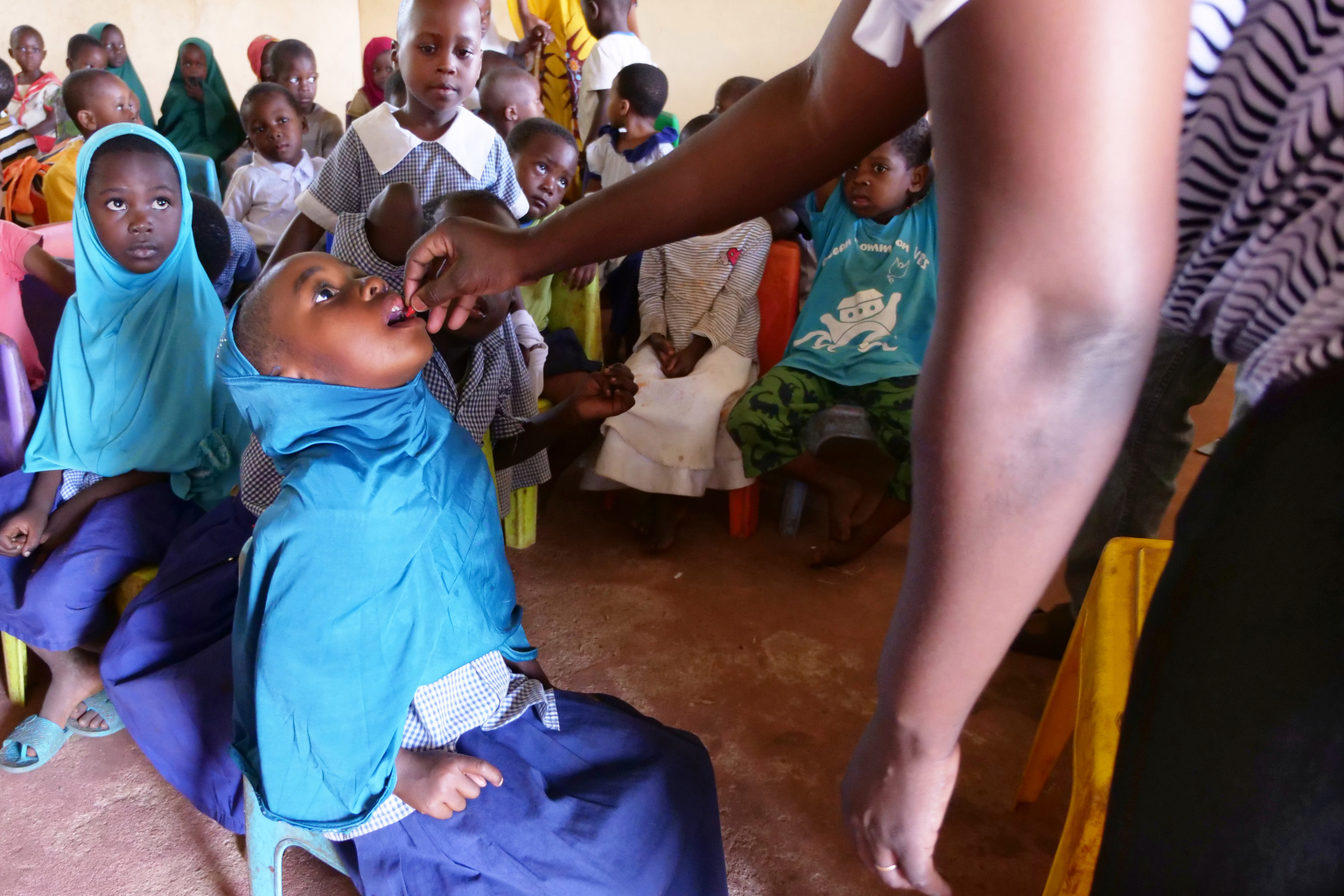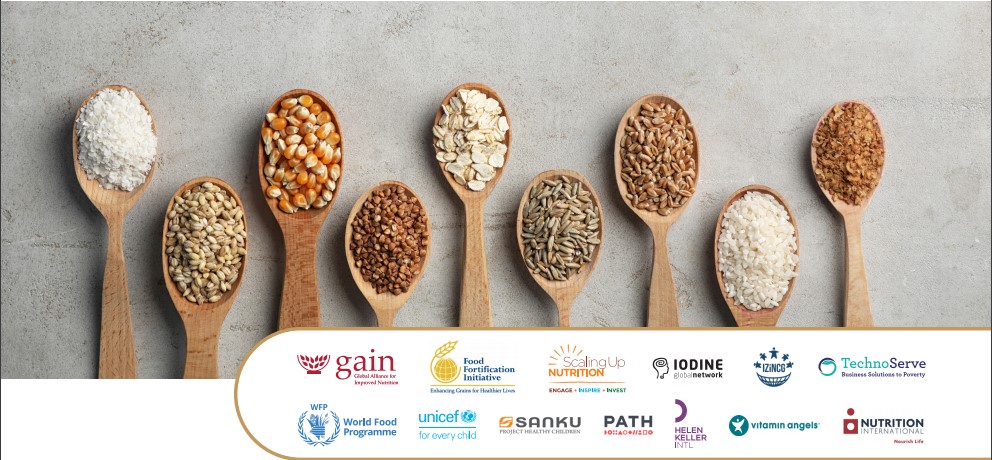A pinch of salt adds zest to food, but more importantly still, it can mean the difference between health and ill-health, a low IQ versus high, fatigue versus energy. The disparity however, doesn’t lie so much in the salt itself, but whether it has been supplemented with iodine—a ‘trace’ element that nevertheless is critical for cognition, energy, cardiovascular, reproductive and mental health.
In most industrialized nations, the diseases of iodine deficiency—goiter, mental retardation, and associated reproductive issues—have largely been relegated to the history books. Not so in the developing world. Like many low-income nations, Tanzania—an African state that borders Kenya to the north and Mozambique to the south—is suffering a hidden, but nevertheless devastating, epidemic of iodine deficiency.
“It is a real problem here,” says Global Alliance for Improved Nutrition (GAIN) Food Fortification Programme Project Manager, Archard Ngemela FIFST. “From a policy and legislative perspective, Tanzania is on the right track, but there is still a big gap between aspiration and reality.”
Although Tanzania adopted and mandated universal salt iodization in 1997, research undertaken in 2018, shows that as much as a third (33%) of its population of almost 60 million is suffering from iodine deficiencies.
The issue, according to Ngemela, does not lie in the legislation, which is ‘robust’, but in the difficulties inherent in ensuring that smaller salt producers are compliant with government standards and that the latter has the capacity to enforce them.
As of 2020, Tanzania stood at 163 out of 189 in the Human Development Index. Although it rates higher than a number of it sub-Saharan neighbors, it still lies in the lower quadrant of developing countries with more than 55% of the population living below the poverty line.
Impoverishment, lack of awareness, poor monitoring infrastructure and a lack of training and capacity means that Tanzania is still missing out on a health intervention that so many developed countries continue to benefit from. Iodine deficiencies can cause irreversible brain damage which can occur in utero and beyond—affecting the well-being of children and throughout adulthood. Indeed, those in areas characterized by severe iodine deficiency may have an intelligence quotient (IQ) of up to 13.5 points below those from comparable communities in areas where there is no iodine deficiency.
Cognitive deficits affect learning capacity throughout the lifespan with broad economic and social implications at the community and national level including low productivity and generalized ill health.
Nevertheless, before the government instituted mandatory salt iodisation, the problem was far worse, with the prevalence of goitre in schoolchildren at a staggering 25% and an estimated 30% of maternal and infant mortality attributed to inadequate iodine intake. Since the introduction of mandatory iodisation, goitre prevalence dropped from 25% in 1980 to 7% in 2004. Better, but still not good enough.
Tanzania’s poverty rate is closely correlated with the nutritional status of its population. Salt iodization is a critical priority in this context —an intervention that is not only affordable, but also highly effective.
“Salt iodisation is a high impact health care intervention,” says Ngemela. “It can benefit huge numbers of people and in a very short period of time. It is a global nutritional success story, but one that requires ongoing monitoring, quality control and public education.”
Today, GAIN is working with the Government of Tanzania and international partners to improve and scale up iodisation. This includes supporting government institutions and regulatory bodies by providing analytical equipment, reagents, and training. In Tanzania, GAIN trains lab analysts, nutritional and health officers, and local governmental authorities to monitor the quality of salt iodisation. It also supports the government through Tanzania Salt Producers Association (TASPA) by providing seed Potassium Iodate (KIO3) premix to strengthen a revolving fund to ensure a sustainable local supply.

GAIN works with small producers to improve the quality and safety of salt. Artisanal salt producers are trained to meet food safety standards and supported to consolidate and establish associations that will assist in oversight, capacity building and compliance with salt iodisation regulations. GAIN also works with larger producers to support management systems that ensure quality control and compliance with safety standards.
Characteristic of GAIN’s approach is a commitment to work with and support a range of different stakeholders along the salt value chain. In practice this means that while working with producers to improve the quality of their product, GAIN simultaneously supports regulatory bodies to monitor and enforce quality at the producer and market levels and educates consumers to ensure that they understand the importance of consuming iodised salt to good health, infant and child development, livelihoods, and productivity.
“Iodisation is a remarkable but largely unsung health intervention,” says Ngemela. “The investment necessary is so small and yet the effect iodisation has on health, well-being and development cannot be overstated.”
“It has proven to be a game changer for so many millions of people worldwide,” he adds. “Tanzanians deserve to reap the benefits.”






